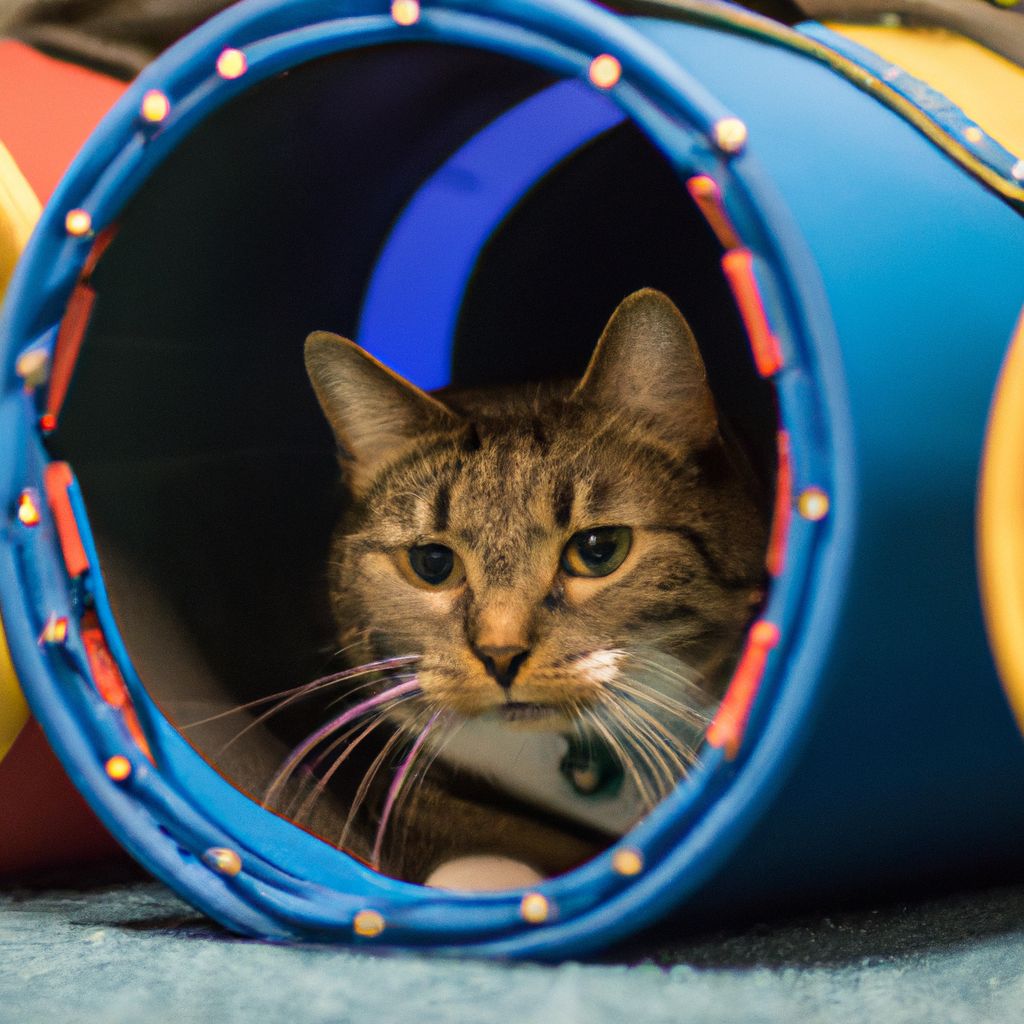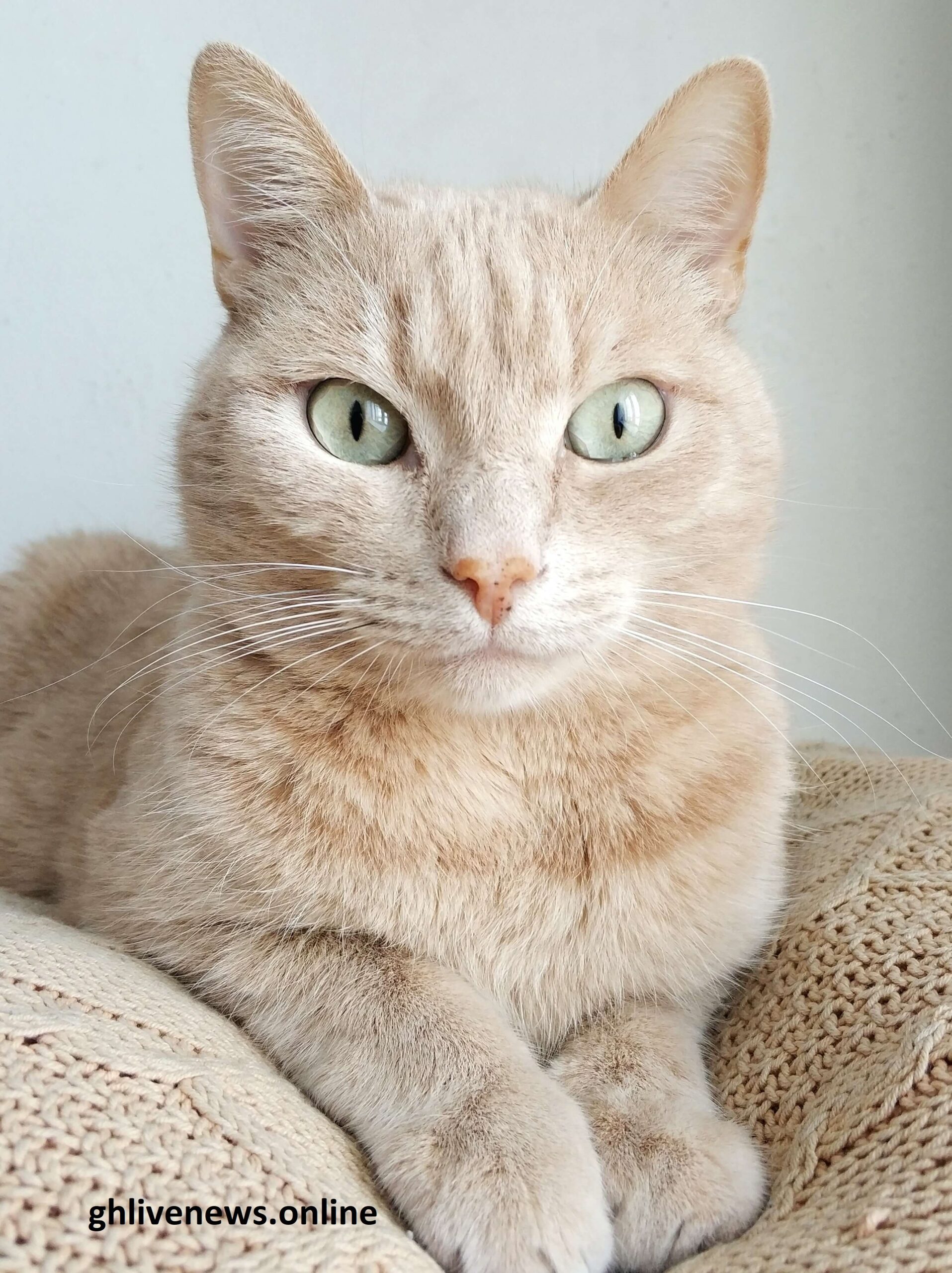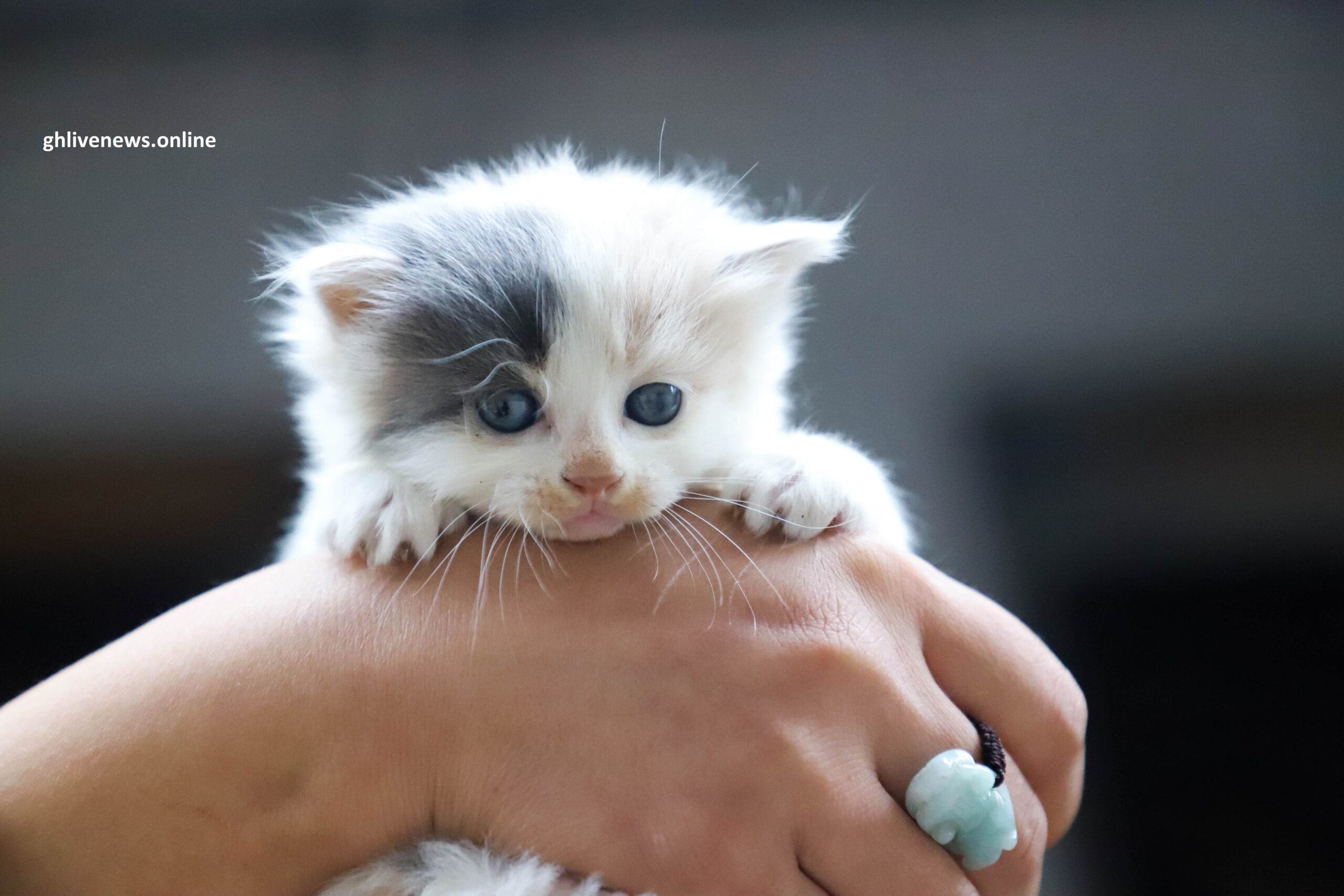.jpg)
Introduction
Indoor cats versus outdoor cats is a much-debated topic amongst owners. This is an important decision to make, as both options have pros and cons.
Keeping your feline inside is typically safer, as they’re protected from accidents, predators, and other harmful things. Plus, they won’t cause a fuss for neighbors or wildlife.
Outdoor cats, however, get to explore and do natural activities like hunting, climbing, and sunbathing. They also tend to be more active, so there’s less risk of obesity.
My own cat, Whiskers, was originally an indoor one. She’d gaze out the window at the birds, so we decided to let her have supervised time outside in our fenced yard. This way, she had the best of both worlds; nature, but safety too!
Pros of Indoor Cats
Why not stay inside and watch your cat judge your life choices from the comfort of their litter box? Indoor cats offer plenty of benefits. They’re safe from traffic accidents and predators. Plus, they have a lower risk of illness or parasites. And, it’s easier to control their diet and keep them away from toxic substances. Provide lots of environmental enrichment, too! Indoor cats can have a happy and healthy life.
Cons of Indoor Cats
Indoor cats may experience some cons that outdoor cats don’t. Cat owners need to be aware of these and take action to make it better.
- Less exercise: Indoors, cats may not get enough exercise, which can cause health issues like obesity and weak muscles.
- Not enough fun: Without outdoors to explore, cats may get bored or stressed, leading to destructive or too much noise.
- Litter box issues: If not kept clean or if the cat doesn’t use it, there could be urinary or behavioral problems.
Cats are natural hunters, so indoors they miss out on the chance to do this. To help, create a stimulating environment inside the home. Interactive toys, scratching posts, and perches can help cats act out their hunting instinct. Playing with laser pointers and feather wands can keep cats entertained.
Outdoor cats: making sure birds stay fit and alert!
Pros of Outdoor Cats
Outdoor cats have many benefits, like exploring their surroundings, exercising, and satisfying their hunting instincts. They can also socialize with other cats and establish territories. Plus, outdoor cats can help control rodent populations in rural areas. Still, it’s important to make sure they’re vaccinated and receive regular vet care.
Take Oliver, the mischievous orange tabby from a small town on the outskirts of a big city. He was known for his graceful leaps and agility, and his presence brought joy to humans and cats alike. His outdoor lifestyle gave him vitality and added charm to his hometown.
Of course, there are downsides to outdoor cats, like neighborhood drama, cat fights, and dead animals.
Cons of Outdoor Cats
Outdoor cats have cons. They are more prone to traffic accidents, attacks from other animals, and injuries without vet care. Also, they may add to the population of feral cats if they mate with strays. To reduce risks, keep your cat inside or provide a secure outdoor area.
It’s important to get regular veterinary check-ups and vaccinations. Taking these steps can ensure your pet’s safety and wellbeing.
Ultimately, all cats want is a cozy spot on the sofa and lots of belly rubs.
Conclusion
The debate on indoor vs. outdoor cats is a tricky one. Let’s reflect on the key points.
- Your cat’s well-being is #1.
- Indoors cats are safer from traffic and wildlife.
- Outdoors cats can explore, exercise and fulfill their instincts.
- Enriched indoors can prevent drawbacks.
- Outdoors cats have higher risk of disease and parasites.
- Choose wisely based on circumstances and risks.
Each cat is unique and a vet can provide tailored insights. As pet owners, we must evaluate our choices and strive to give our cats the best life possible. Balance safety and enrichment – keep them safe and fulfilled. Trust in your decision and love your furry buddy.
Frequently Asked Questions
Q: Should I keep my cat indoors or let it roam outside?
A: Both indoor and outdoor environments have their pros and cons. Keeping your cat indoors provides safety from traffic accidents, predators, and diseases. On the other hand, outdoor cats have the opportunity to explore, exercise, and exhibit natural behaviors.
Q: How can I provide mental stimulation for my indoor cat?
A: Indoor cats need regular play sessions with interactive toys, scratching posts, hiding spots, and climbing structures. Providing puzzle feeders, vertical spaces, and access to window perches can also help simulate their hunting instincts and keep them mentally engaged.
Q: Is it true that indoor cats live longer than outdoor cats?
A: Studies show that indoor cats generally have longer lifespans than outdoor cats. Indoor cats are less prone to accidents, injuries, and exposure to diseases. However, providing a stimulating environment, regular vet check-ups, and a balanced diet are crucial factors for a cat’s longevity, regardless of whether they are indoor or outdoor.
Q: How can I keep my outdoor cat safe?
A: To ensure the safety of an outdoor cat, it is necessary to limit their access to busy roads by keeping them in an enclosed yard, using cat enclosures, or building a catio. Regular veterinary check-ups, vaccinations, and spaying/neutering are also important to prevent health issues and unwanted pregnancies.
Q: Are there any risks associated with keeping a cat indoors all the time?
A: While keeping a cat indoors significantly reduces the risk of accidents and exposure to diseases, it can also lead to a sedentary lifestyle. Lack of exercise may contribute to obesity and related health problems. To combat this, it is important to provide ample playtime, environmental enrichment, and opportunities for exercise within the home.
Q: Can I train my cat to safely enjoy both indoor and outdoor environments?
A: Yes, you can train your cat to have supervised outdoor time on a harness and leash, or by building a secure outdoor enclosure. This way, they can experience the outdoors while minimizing the risks associated with roaming freely.
Originally posted 2023-06-28 19:44:02.





